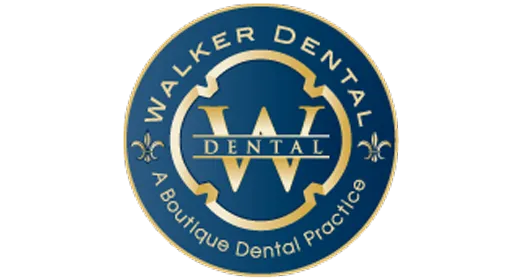Amalgam Fillings vs. White Fillings
posted: Sep. 10, 2024.

Many varieties of fillings are available at our Cambridge, Massachusetts office. Most people are familiar with traditional amalgam fillings: those big silver spots on top of teeth.
Made from a mixture of silver, tin, zinc, copper, and mercury, amalgam fillings have been used to fill cavities for more than 100 years. They offer several advantages, including:
- High durability for large cavities or cavities on molars
- Quick hardening time for areas that are difficult to keep dry during placement
- Reduced placement time for children and special-needs patients who may have a difficult time keeping still during treatment
Although dental amalgam is a safe and commonly used dental material, you might wonder about its mercury content. You should know that when it’s combined with the other metals, mercury forms a safe, stable material.
The American Dental Association, U.S. Centers for Disease Control and Prevention, U. S. Food and Drug Administration, and World Health Organization all agree that based on extensive scientific evidence, dental amalgam is a safe and effective cavity-filling material.
White Fillings
Newer, mercury-free, resin-based composite fillings (white fillings) are also available at our Cambridge, Massachusetts office. Composite resin fillings are made from plastic mixed with powdered glass to make them stronger.
Resin-based fillings offer several benefits for patients, including:
- They match the color of teeth
- Less tooth structure needs to be removed than with amalgam fillings
- BPA-free materials can be used
Resin-based composite fillings also have some disadvantages, including:
- Higher cost than amalgam fillings
- Inlays may take more than one visit
- Requires more time to place than amalgam fillings
There’s a lot to think about when you have to get a cavity filled. We recommend you do your homework and speak with the doctor before deciding what’s best for you or your family.
